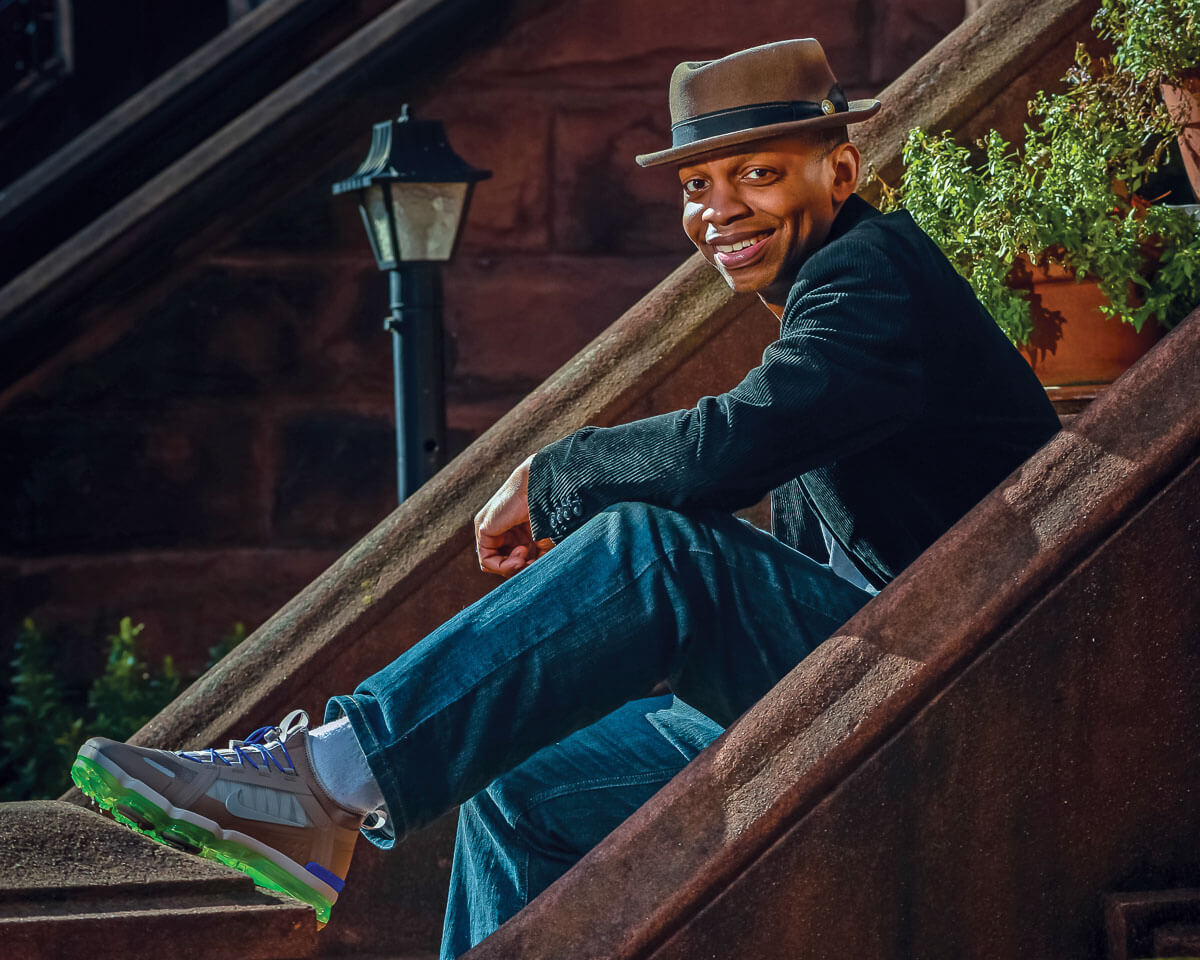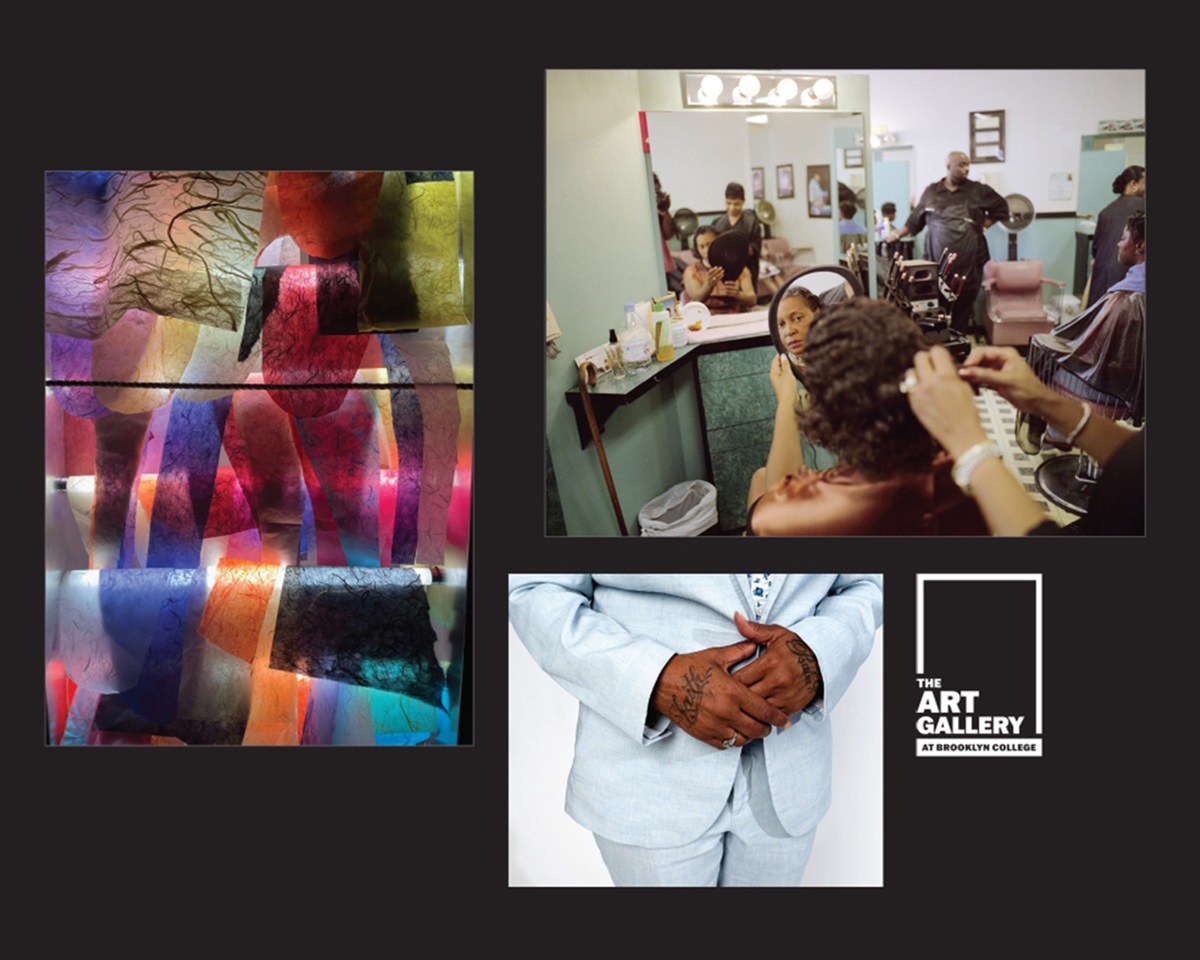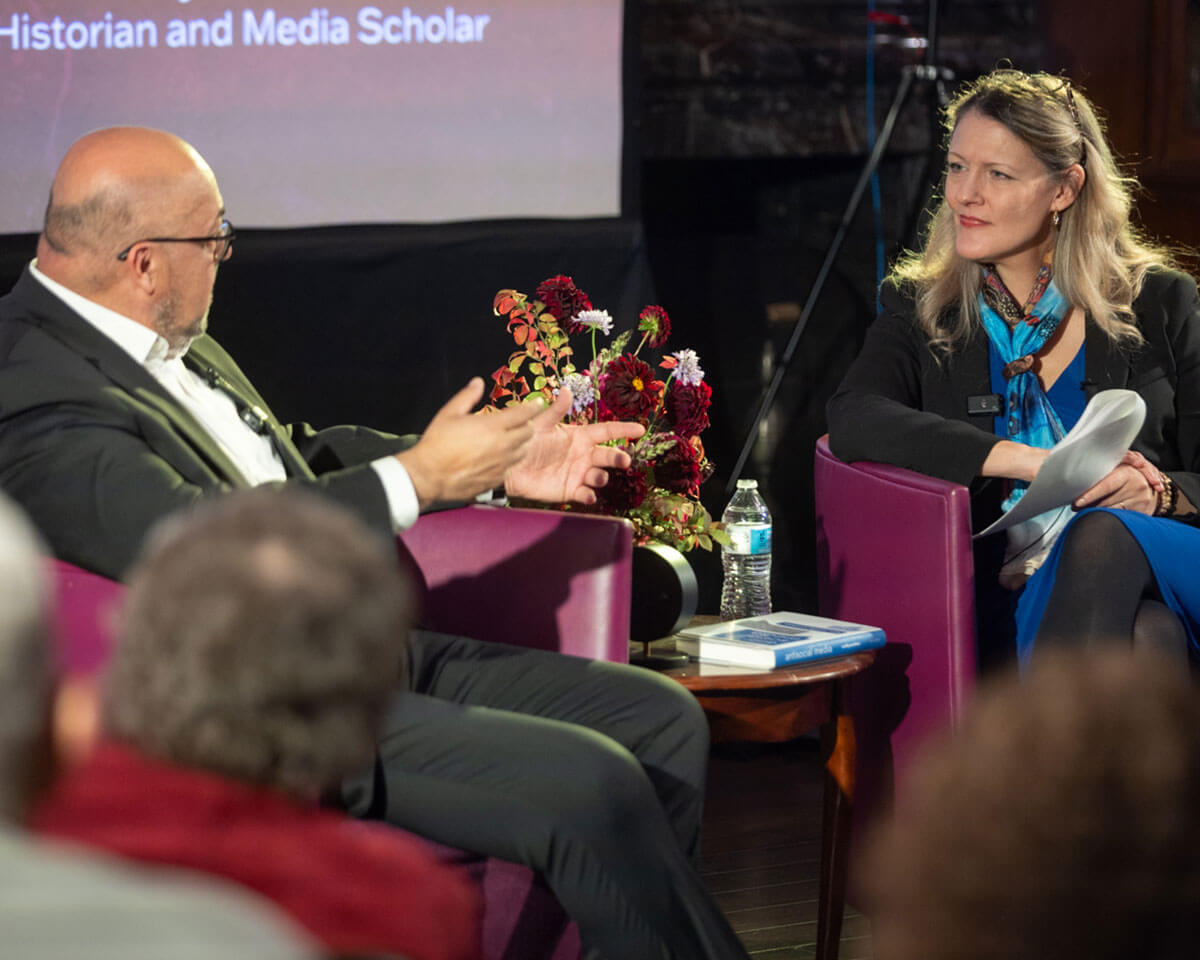Robert Jones Jr. ’06, ’08 M.F.A., was working on an assignment for one fated fiction tutorial course when Samuel chose him.
He was in the master of fine arts in creative writing program when the class exercise sent him looking for an object that one of his story characters might possess.
“I happened upon a pair of shackles in the garbage in the streets of Brooklyn and knew that that was immediately Samuel telling me that he would like me to tell his story,” said Jones.
Nearly 15 years later, his first novel, The Prophets (G.P. Putnam’s Sons, 2021), tells that story—a groundbreaking one of love, betrayal, and ancestral inheritance—to the tune of instant New York Times bestseller/toast of the literary world/vaunted Toni Morrison comparisons glory.
Jones returned to Brooklyn College in February, virtually, for a conversation that was part of the college’s Common Reader/The 1619 Project. He read a passage from the widely acclaimed novel—which centers around the aforementioned Samuel and his lover, Isiah, set on a plantation in antebellum America—before a lively discussion about his research methods, his writing process, his pre-publication fears, and the imprint his alma mater left on him.
The February evening session was a homecoming for which even Zoom couldn’t contain the visceral pride and enthusiasm of former professors, colleagues (he also worked at the college for several years), and even current students.
“Every line is lyrical, every breath is magical,” gushed Wadzanai Mhute, a student in the M.F.A. in creative writing program who worked on The New York Times’ 1619 Project and introduced Jones at the session. “When you finish it, it will follow you and your thoughts will return to the characters time and time again.”
“One of the things we talk about in M.F.A. classes is the subject of inferiority and how to convey a mind,” said Ellen Tremper, chair of the English Department. “Robert has done such a magnificent job of conveying, not merely the bodies of enslaved peoples, but their minds, through those techniques we talk about.”
By Jones’ own admission, the reading was stacked with “people who have shaped my creative thinking, my academic and scholarly life,” he said, crediting, in addition to the English Department, his professors and mentors in Africana Studies—where he minored during his undergraduate years—for giving him a grounding in the horrors of slavery and for introducing him to the little person who he said now sits on his shoulder when he’s writing, his “spiritual godfather,” James Baldwin.
Flanked in his home by pictures of Baldwin and Toni Morrison—his other belletristic hero—Jones explained the tremendous amount of research involved before he could even commit to the story.
“One of the things I encountered when I was writing the book were people who were saying ‘But there were not Black queer people back then,’” said Jones, who started Son of Baldwin, a blog turned social media community that takes on racial and social justice issues. “That caused me to look in the canon to see if I could find any examples of it.”
Not surprisingly, he couldn’t, at least not anything overt, where queer lovers were central characters and what’s more, in love. And yet he had learned that many pre-colonial African societies had nuanced ideas about love, gender, and gender identity where queerness was not viewed as different or depraved.
“Once I discovered that, it opened up a tremendous world for me to be able to explore this with much more confidence,” he said.
Still, he worried when the book was published that it would be deemed unbelievable, that people would say, “This is me attempting to insert some ‘gay agenda’ into history,” he said.
Quite the contrary, the book that was first workshopped in his creative writing courses landed, in the beginning of the year, already having made several prominent must-read lists, including those put out by The New York Times, The Washington Post, Oprah Winfrey and Mariah Carey.
“The Prophets calls, across time, on queer warriors, woman kings, root women and boys in love to paint a long queer Black history, a history of rising against, of ever making one’s way back to freedom,” read an effusive review from The Times.
The novel is now being optioned as a film or limited series, the celebrated author is on a whirlwind virtual tour, the book has already been printed in more than a half dozen countries, and Jones said he’s found his lane, happy to carry the torch for Black queer writers.
“I wear both of those identities with pride. They’ve opened up for me such unproven ground. It’s all brand new territory for me to explore,” he said at the Common Reader session, in which he also acknowledged other writers from the M.F.A. program who have seen success.
“Brooklyn College is the place for writers to be born. And to grow and learn and find themselves,” he said.
Return to the BC Magazine



